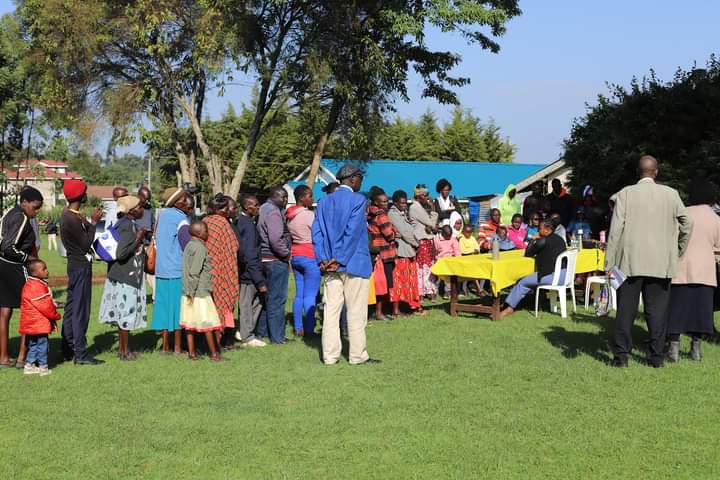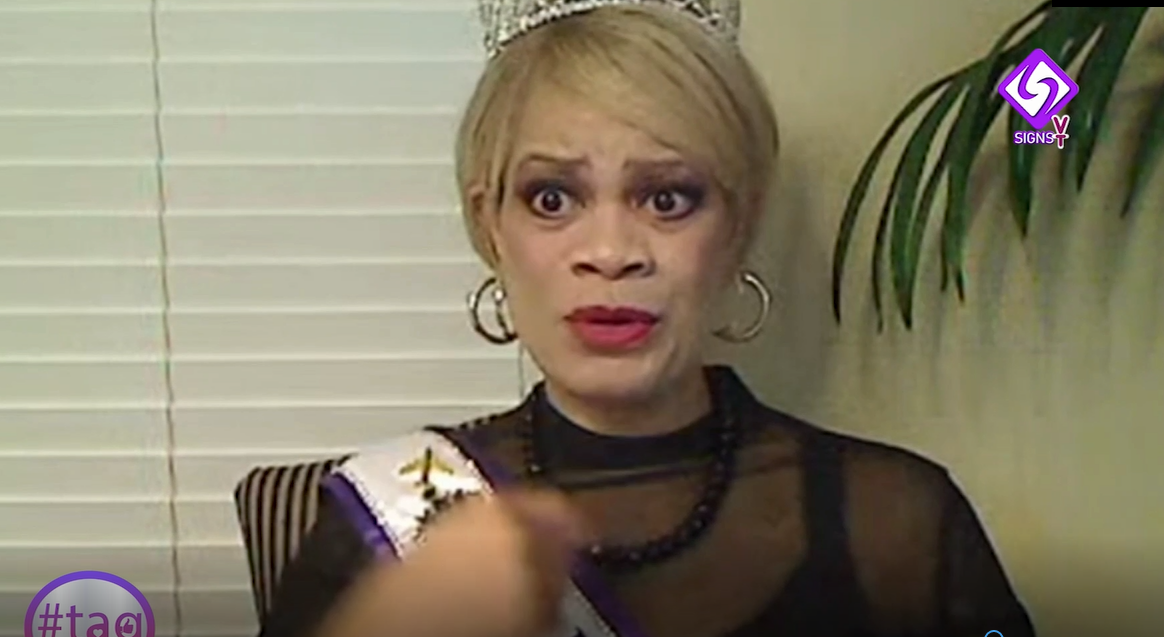Government Urged To Review Special Needs Education Capitation

By Jane Ngugi and Dennis Rasto
The Kenya Union of Special Needs Teachers (KUSNET) and the Special School Heads Association of Kenya (SSHAK) have indicated that special needs education requires urgent attention to enhance service delivery for learners with disabilities.
KUSNET and SSHAK have petitioned the government to review the capitation disbursed to learners saying for a long time, funds have remained constant despite the changing needs and challenges of the learners.
According to KUSNET Secretary General James Torome, funds given to special needs students have stagnated since 2018 despite the inflation and increased number of learners with special needs.
He said the ratio of teacher to student in the schools is very low and called for quick intervention to reverse the trend.
“Other learning institutions get their capitation funds on time but the special schools are always left out. The Sh 2,400 capitation per learner gazetted six years ago is currently insufficient to cater for tuition fees of a present-day learner with special needs,” stated the Secretary-General.
Mr Torome observed that since 2018, the number of learners with special needs has gone up adding that inflation has disproportionately hampered the quest for quality education for learners with special needs.
The Education Commission Report (2016), estimates that there are close to 65 million primary and secondary school-age children with disabilities worldwide and many of them are out of school.
Mr Torome said that a recent report that explored the impact of disability on school attendance in 15 countries highlighted school access to be a significant challenge for most children with disability.
He was making reference to the report dubbed 'Towards Inclusive Education: The Impact of Disability on School Attendance in Developing Countries."
In a joint statement issued by KUSNET and SSHAK after a consultative workshop in Nakuru, Mr Torome indicated that the Convention on the Rights of Persons with Disabilities recognizes the right of persons with disabilities to be included in the general education system, to have access to free and compulsory primary education, as well as to secondary and higher education without discrimination.
He lamented delays in annual disbursements to Special schools saying it is unwarranted given that other schools receive their capitation on time.
Mr Torome noted that learning aids and equipment for Special Needs Education (SNE) are costly and low and delayed capitation hinders efficient operation, putting learners with disabilities at an added disadvantage.
‘‘Teaching devices required in these schools are costly and expensive. With delayed capitation it strains operation to the school administrators,’’ Torome said.
According to the 2011 World Report on Disability, there are between 93 and 150 million children with disability globally who are under 14 years old.
The KUSNET General Secretary said the government should look at the welfare of schools since learners need tender care for upbringing.
"Children with Learning Disabilities and attention disorders are not unintelligent, lazy or slow. They just learn differently. We nurture people’s ability according to their special needs,’’ Mr Torome stated.
SSHAK National Chairman Peter Sitienei petitioned the government to look at the welfare of special schools since learners need tender care for upbringing.
"Children with Learning Disabilities and attention disorders are not unintelligent, lazy or slow. They just learn differently. We nurture people’s ability according to their special needs,’’ Mr Sitienei stated.
He went on ‘‘We urge the government to implement the Presidential Working Party (PWP) Report so that the situation can be salvaged,’’ Sitienei said.
Education Cabinet Secretary Ezekiel Machogu has, in the past, however, indicated that Special Needs Education (SNE)students in institutions are catered for noting that the government is in the process of collecting data which will guide on the supported disbursement.
‘‘Home-based learning, I must admit we have not been very effective and that is the area we want to move into,’’ Mr Machogu said.
President William Ruto pledged the government's inclusion of the SNE in its talent nurturing programme saying they require a distinct learning environment to help them achieve their full potential.
The SSHAK National Chairman urged the Teachers Service Commission (TSC) to ensure that staffing in SNE institutions conforms to the global standards ratio of 1 teacher to 15 learners for efficient and meaningful teaching and learning outcomes.
The officials also called for timely disbursement of funds for co-curricular activities saying this will enable administrators of SNE centres to prepare adequately for the activities which are crucial in the social development of the learners through their learning cycles.
Three months ago, the Senate Committee of Education raised a red flag on the status of SNE centres in the country and called for a multi-sectoral approach to re-imaging the institutions as a way of making them relevant to the needs of children with disabilities.
The committee acknowledged the uniqueness of children with special needs saying their learning needs demand fulfillment.
The SSHAK National Chairman said there was a need to give more resources to special needs schools as the same amount was given to regular institutions.
"When you have a primary school for the blind and the primary school for regular pupils you may find that the allocation of funding is the same and that is the first point of disparity," Mr Sitienei said.
He advocated for the increment of funds to the special needs institutions saying the schools require more resources than regular schools.
"A braille machine which costs Sh140,000 is not equivalent to a pen that costs Sh30. This tells you that a special needs school needs more funding than the other regular schools," he said.
Mr Sitienei pointed out that the main issue towards special schools is not the delay in disbursement of capitation but the amount allocated.
"The capitation for special schools per learner and other schools is the same. Even if it was to be sent in good time it isn’t enough to sustain the schools' needs,” Mr Sitienei observed.
He added that special institutions employ non-teaching staff who miss out on salaries when the capitation is delayed.
"If TSC sends teachers to special schools, the schools have to employ non-teaching staff who have very special skills of handling this kind of learners. So, when capitation doesn’t come it means these non-teaching staff go unpaid for up to nine months,” he said.
Tags: Sshak Kusnet Editor's Pick
Related
Share this article
Experienced and versatile writer, dedicated to using my exceptional writing and editing skills to inform and advocate. My work focuses on educating and entertaining readers on a range of topics, with a particular expertise in matters of disability.
View articles

